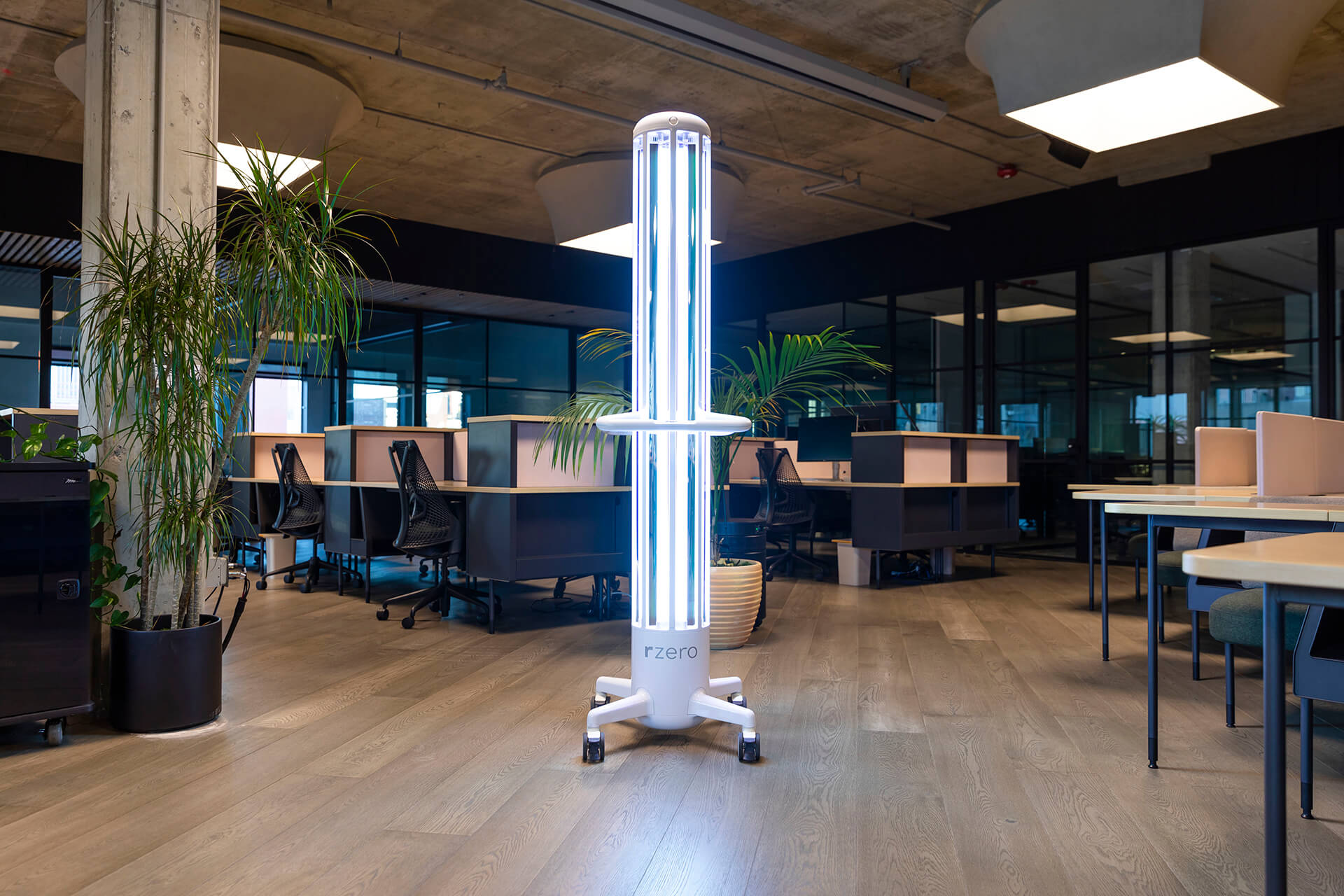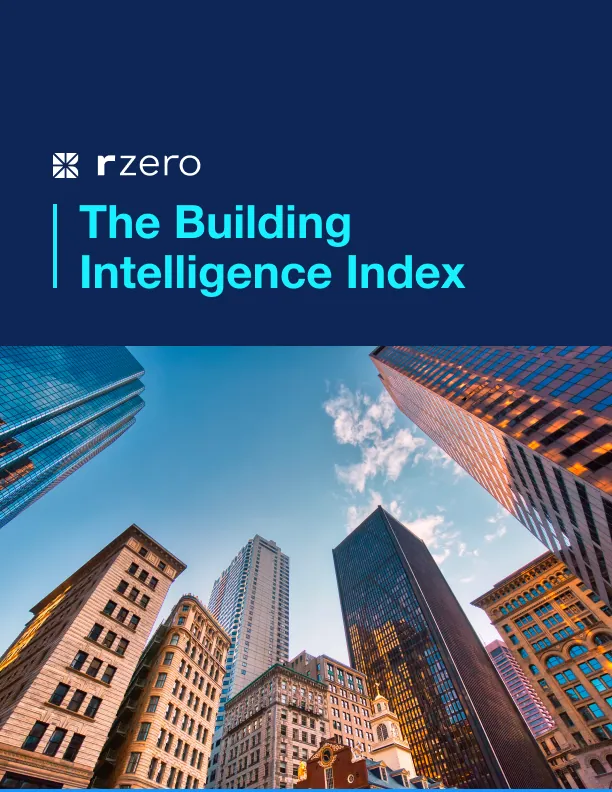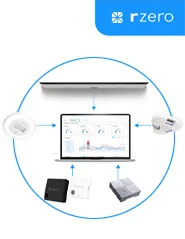
How CANOPY is Creating a Healthy Return to Its Coworking Communities
Before the start of the COVID-19 pandemic, San Francisco was arguably the coworking capital of the U.S. In 2018, the city had more coworking spaces per capita than any other major city in the country. In San Francisco’s ecosystem of tech startups, entrepreneurs and creatives, coworking spaces have in recent years served as a preferred collaborative and connected workplace for so many Bay Area residents.
Will the desire for flexible, communal workspaces continue in a post-pandemic era? We believe so. CANOPY, a network of shared workspaces San Francisco, is already providing members with better spaces to collaborate – thanks to R-Zero’s Arc.
As organizations across the country consider what their own “return to the office” will look like, CANOPY co-founder and president, Steve Mohebi, continues to see flex work space as the “office of the future,” with many employees balancing work from home and part-time office use.
Across CANOPY’s three (and counting), dynamic coworking communities in San Francisco, Arc is a key part of routine health and safety protocols. Arc is used throughout all offices, conference rooms and communal spaces daily – instilling peace of mind for the community of thinkers, creators, builders and innovators that call CANOPY their “office”.
Check out the below video to hear from CANOPY Community Manager, Simran Mangat, on how their team is creating a higher standard for health and safety for their community members.
More posts you might like
-

Route to Energy-Efficient Buildings: Occupant-Count Demand Control Ventilation
Using live occupancy sensor data to monitor, measure, and exact control over building HVAC systems in real-time, while also optimizing energy performance and occupant comfort is on the rise as a method to improve energy efficiency in commercial buildings. By implementing occupant-count demand control ventilation (ODCV), organizations can identify opportunities to optimize ventilation across crowded […]
-

Customer Spotlight: Providing Usage Data to Corporate Real Estate Customers
Commercial companies know the importance of data; data insights allow them to optimize and adjust resources in order to achieve their long-term goals. That’s why savvy commercial companies seek out data about their employees’ workspace usage, in order to optimize their spaces for employee satisfaction and performance. R-Zero’s WorkPoint Sensors and WorkSpace Counters are developed […]
-

What is “Sick Building Syndrome?”
Overview of Sick Building Syndrome Sick Building Syndrome (SBS) is the term used describe a condition where occupants of a building experience a range of symptoms, with no clear identifiable cause. These symptoms typically occur when spending time within an affected building, and typically improve upon leaving. Sick Building Syndrome shouldn’t be confused with Building […]

